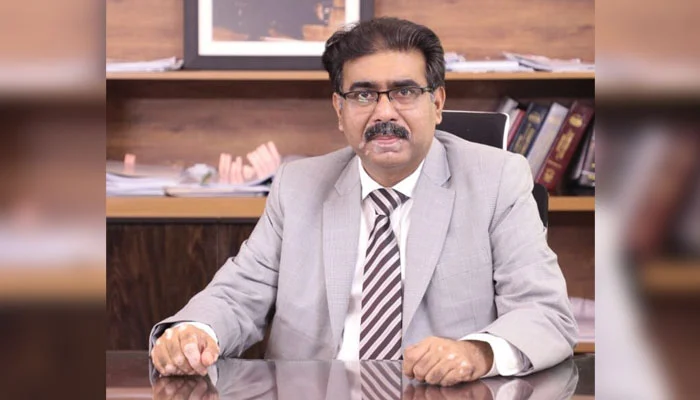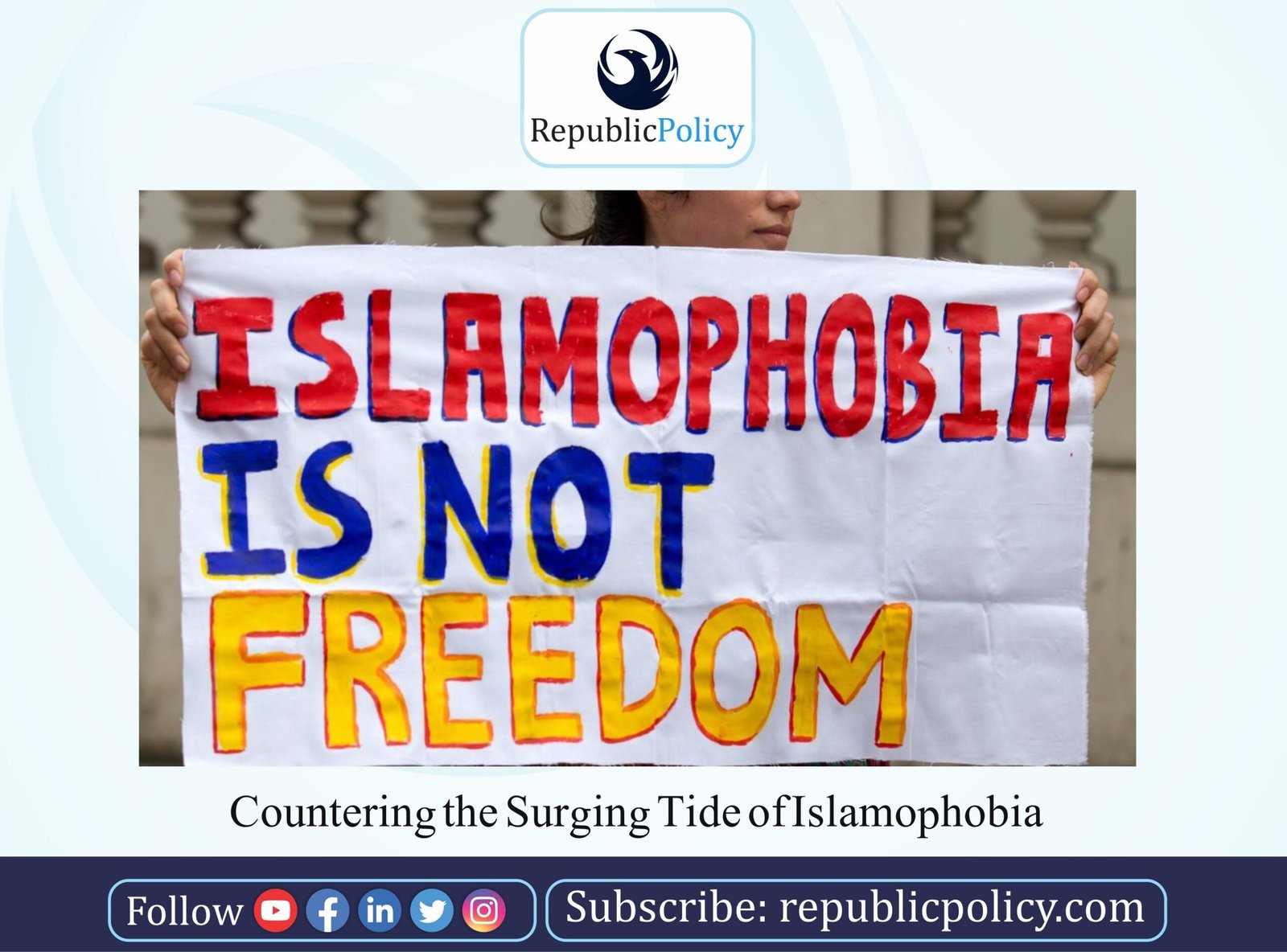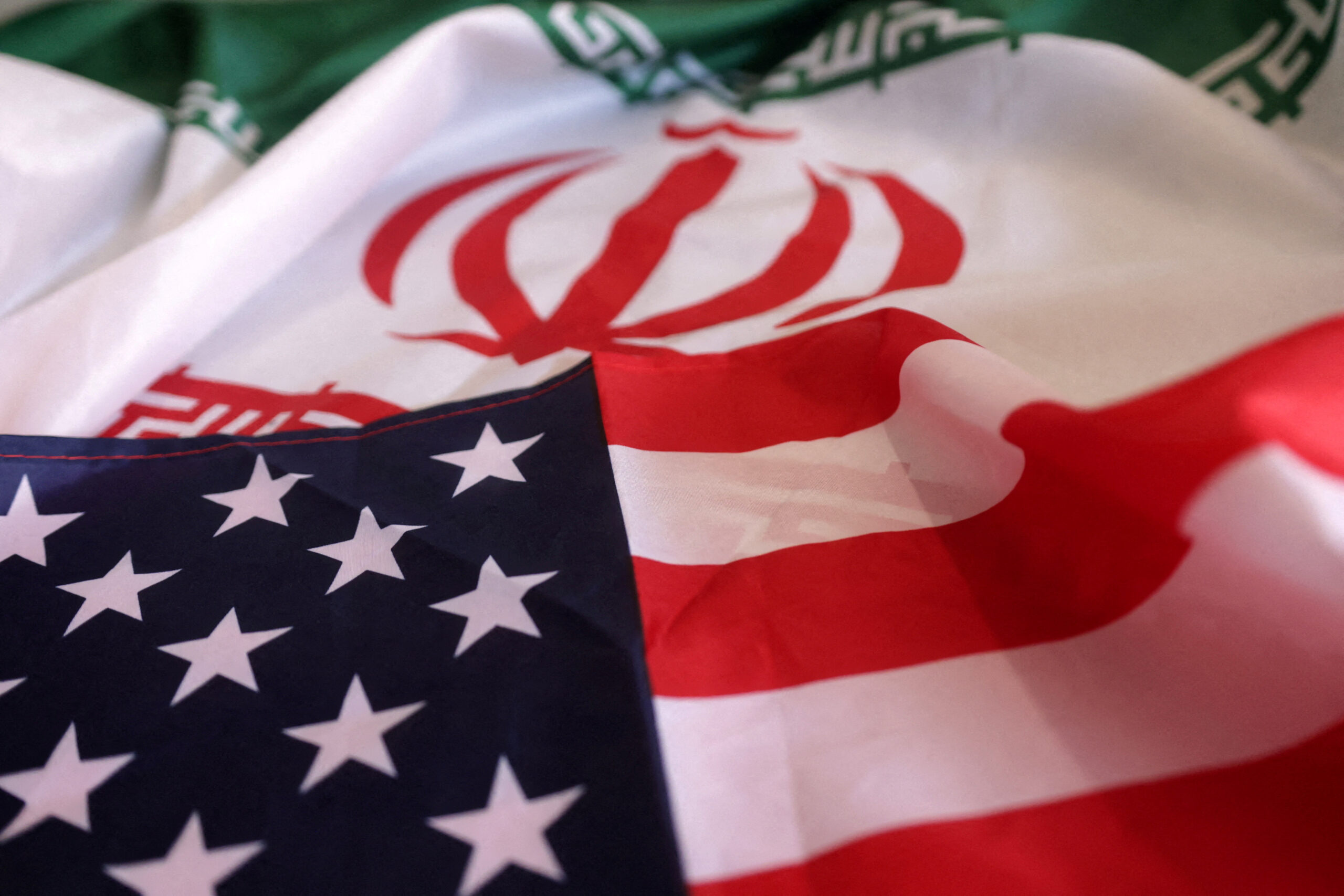Barrister Tahir Ali Khan
In 2024, Pakistan’s human rights landscape, never particularly strong, took a sharp turn for the worse. Historically, the state’s commitment to fundamental rights has been shaky at best, often compromised by political expediency, radical ideologies, or entrenched economic interests. But what set 2024 apart was the shift from passive neglect to an active clampdown on dissent. According to the Human Rights Commission of Pakistan’s (HRCP) State of Human Rights in 2024 report, last year revealed just how fragile and conditional basic rights remain in the country.
The report paints a troubling picture: civic spaces, already limited, were further eroded; women, children, and minorities faced continued discrimination; and climate-related disasters highlighted the deep connection between environmental degradation and human rights violations. While Pakistanis have long struggled to find avenues for free expression, 2024 witnessed a deliberate state effort to dismantle even the limited platforms that remained.
Much of this repression stemmed from the political fallout of the 2024 general elections. Digital platforms—once seen as the final refuge for free expression—became prime targets. The HRCP documented at least 19 separate incidents of internet blackouts, mobile service suspensions, and social media disruptions, culminating in the outright ban of X (formerly Twitter) soon after the elections. This marked a severe violation of the public’s right to information and cut off a critical channel for citizens to voice grievances and access independent news.
Compounding this digital repression was the enactment of the Punjab Defamation Act 2024, which the HRCP criticizes as dangerously broad. The law allows legitimate criticism—vital in any democracy—to be easily reframed as defamation. This not only threatens journalists and activists but creates a chilling effect on everyday citizens who might otherwise speak out against corruption or injustice.
Traditional media, too, faced unrelenting pressure. The Pakistan Press Foundation recorded at least 162 incidents of attacks on journalists and media professionals in 2024 alone. These attacks ranged from physical violence to legal harassment, reinforcing an environment where free expression was not just discouraged but actively punished. In many cases, it wasn’t just state institutions applying pressure. Non-state actors, emboldened by the government’s silence or implicit support, also played a significant role in curbing fundamental rights.
Perhaps most alarming is the government’s inaction in the face of rising mob violence and minority persecution. Even when not directly involved in suppressing rights, the state often stood by passively, failing to confront radicalized groups or to safeguard vulnerable communities. Mob lynchings and attacks on religious minorities continued with horrifying regularity, underscoring a dangerous climate where extremism flourishes unchecked.
In this grim landscape, one notable exception seemed to offer a glimmer of progress. The inclusion of Article 9A in Pakistan’s 26th Constitutional Amendment officially recognized the right to clean air and a healthy environment as a fundamental right. On paper, this is a significant step forward, acknowledging the growing environmental crises facing Pakistan. Yet, the contradiction is stark: while the government enshrines environmental rights, it simultaneously suppresses criticism of its environmental record. This raises legitimate fears—will environmental activists who name and shame officials responsible for urban sprawl or deforestation now risk legal retaliation?
Please subscribe to the YouTube channel of republicpolicy. com for quality content:
This contradiction underscores a deeper issue: the government’s failure to grasp that civil society is not an adversary but a partner in upholding rights and accountability. Instead of viewing dissent as a threat, the state must recognize it as an essential component of a functioning democracy. Without robust mechanisms for citizens to voice concerns and critique policy failures, rights enshrined in law become little more than hollow promises.
Moreover, human rights are not siloed. Suppression in one area—such as free expression—inevitably weakens protections in others. When journalists cannot report freely, when activists are silenced, and when ordinary people fear reprisals for speaking out, broader governance suffers. Economic development, political stability, and national security all become harder to achieve in a repressive environment.
Pakistan’s worsening human rights situation is a reminder that progress requires more than legal frameworks; it demands political will and a fundamental respect for human dignity. Laws can only go so far without proper enforcement and a culture that upholds, rather than undermines, the principles they represent. The HRCP’s report makes it clear: without significant changes, Pakistan risks further isolating itself internationally and deepening domestic unrest.
In conclusion, 2024 was a year that exposed and deepened the cracks in Pakistan’s human rights architecture. The state’s aggressive stance against dissent, coupled with its inability—or unwillingness—to protect minorities and safeguard fundamental freedoms, paints a bleak picture of a country at odds with its own democratic ideals. Even the positive steps, like the recognition of environmental rights, ring hollow when juxtaposed with rising repression. Moving forward, Pakistan’s leadership must rethink its approach. Only by fostering an environment of open dialogue, mutual respect, and accountability can the country hope to secure not just its citizens’ rights but also its own long-term stability.

















